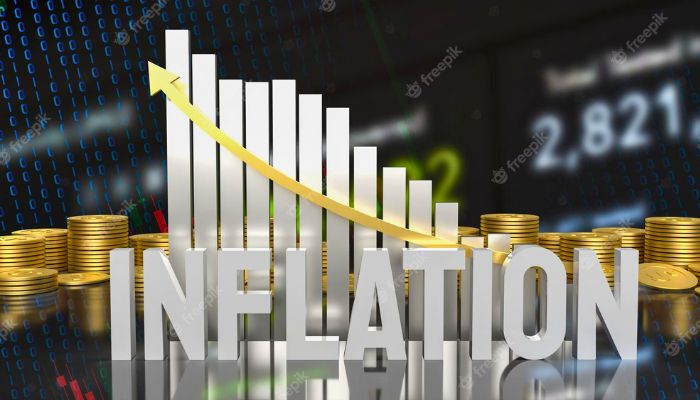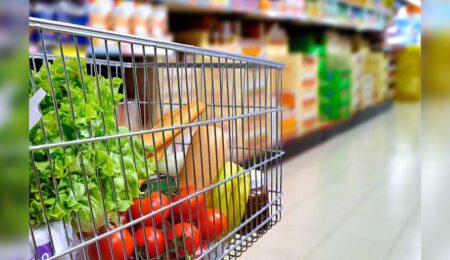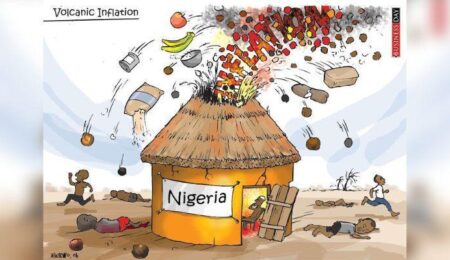Some economists have said it is still too early to gauge the true impact of the recent petrol subsidy removal and the unification of the foreign exchange rates on inflation figures.
“We believe that in the early days, the impact of subsidy removal on inflation, particularly core inflation, was less severe,” said Tajudeen Ibrahim, chief economist and head of research Chapel Hill Denham, an investment firm.
“At this point, we see a downward adjustment to consensus inflation forecasts over the next few months, given the lower-than-expected June number,” Ibrahim said.
The June inflation figure of 22.79 percent came as a surprise as many analysts had predicted higher figures due to the removal of the petrol subsidy and FX unification.
“Inflation rose to 22.79 percent in June 2023 from 22.41 percent in May, slower than our forecast and market consensus. We forecast 23.16 percent while the Bloomberg consensus is 23 percent,” Ibrahim said.
“Thus, the inflation number is a positive surprise, with the positive surprise springing up from core inflation, which was 20.27 percent and below our forecast of 20.83 percent.”
President Tinubu’s announcement of the petrol subsidy removal during his inauguration immediately led to a significant surge in fuel prices across the country, with an average increase of 174.6 percent within a span of three hours.
Fuel prices have skyrocketed to an average of N526.7 per litre from N191.8 per litre, while the FX unification has contributed to the depreciation of the official exchange rate, prompting price adjustments to align with the prevailing exchange rates.
Ayo Teriba, CEO of Economic Associates, also believes that it’s still early to see the effect of the reforms on inflation figures.
“Nobody should expect the impact to show in one month; you don’t get to see the impact instantaneously, and it takes time to adjust,” he said.
Teriba added: “I wasn’t expecting to see the impact in just three months; you should expect it in some months. Take June as month zero; adjustment will begin July and be seen in other months.
“It is crucial to consider the elasticity of fuel prices and the extent of their effects. The Nigerian population has already begun reducing their petrol consumption, resorting to alternatives such as carpooling, walking, or using public transportation. Even among those who continue to drive, cutbacks on other forms of consumption have become necessary.”
Nigeria’s average daily petrol consumption has fallen by 28 percent since Tinubu scrapped fuel subsidy at his inauguration in May, data from the industry regulator show.
Read also: Why Nigeria’s June inflation rose marginally despite subsidy removal – NBS
According to figures released by the Nigerian Midstream and Downstream Petroleum Regulatory Authority, the average daily petrol consumption fell to 48.43 million litres in June 2023
Teriba said the reforms have resulted in reduced real income for Nigerians. “When analysing the overall impact, it is important to distinguish between the ‘whole price effect,’ which denotes the overall change in quantity demanded due to a price shift, and the ‘cost price effect’,” he said.
Cordros Capital Limited, an asset management company in an email to its customers, also expressed its surprise at the turnout of the June inflation figure.
“Nigeria’s headline inflation increased for the sixth consecutive month, albeit lower than our expectations, increasing by 38bps to 22.79 per cent year-on-year in June (May: 22.41 percent year-on-year),” the email stated.
“The outturn is 179bps lower than Cordros’ estimate (24.58 percent year-on-year) and 21bps lower than Bloomberg’s median consensus estimate (23.00 percent year-on-year),” it added.






